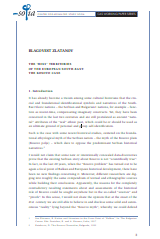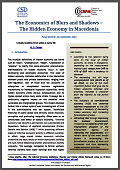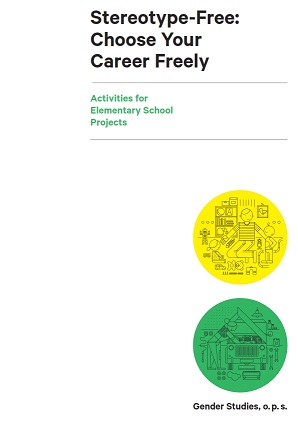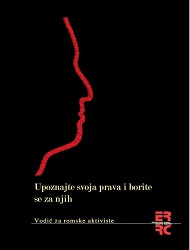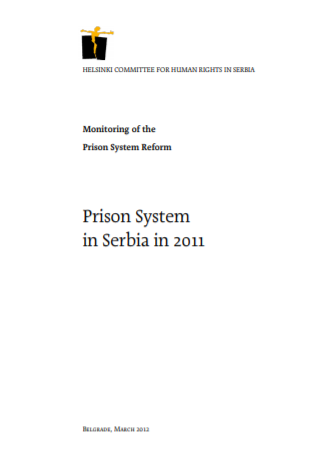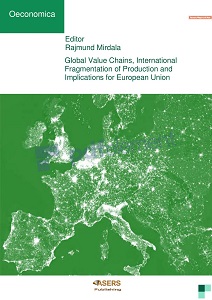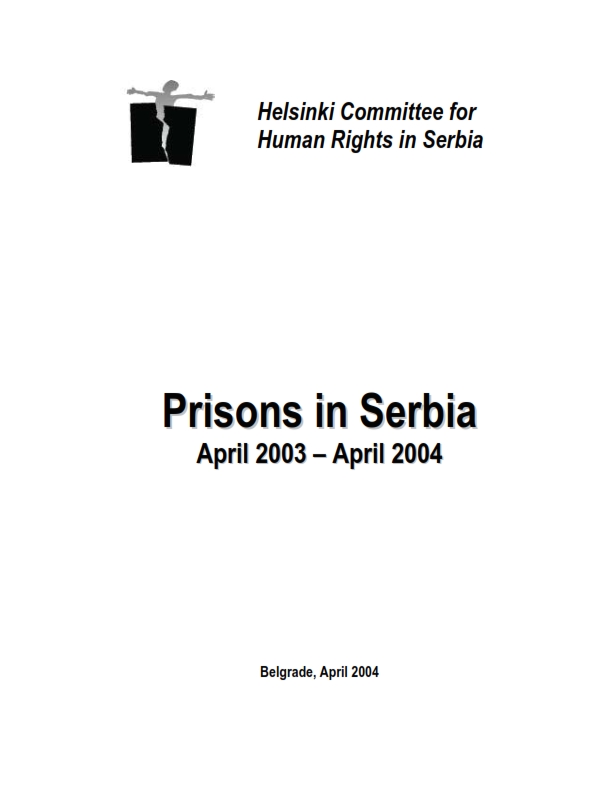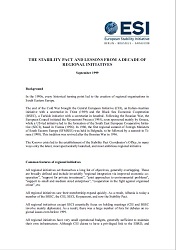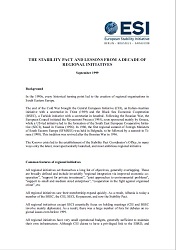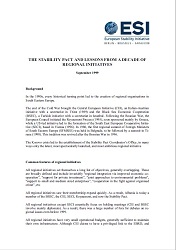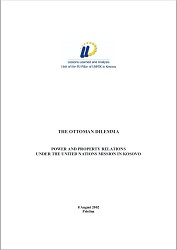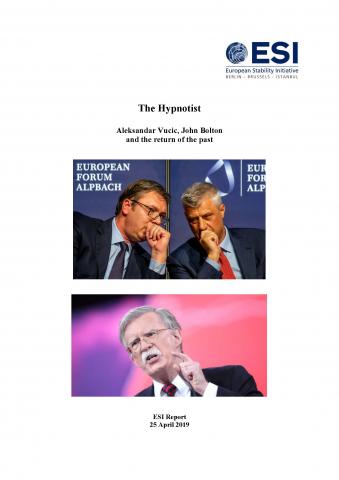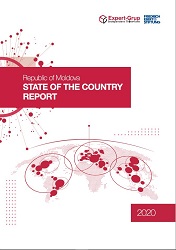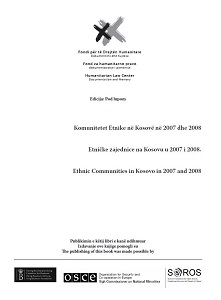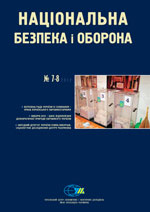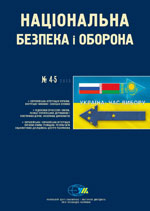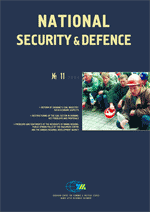Prison System in Serbia in 2011
Author(s): Ivan Kuzminović,Ljiljana Palibrk / Language(s): English
Keywords: criminal sanctions; minors; educational–correctional institution; Kruševac; Valjevo Reformatory; penitentiary-reformatory for women; Požarevac; prison system in Serbia; 2011;
Over the past ten years, the Helsinki Committee for Human Rights in Serbia (HCHRS) has conducted dozens of visits to prisons in Serbia, with the aim of making an assessment of the human rights conditions for imprisoned and detained citizens. Since 2001, the HCHRS has visited all 28 institutions for the execution of criminal sanctions, many of which several times. In a vast number of reports, the HCHRS has conducted analyses and noted non-compliance with solutions prescribed by national legislature and international law on the one hand, and with common practices in the system of execution of criminal sanctions on the other. During the first visits to prisons in 2001, it was determined that human rights conditions were extremely poor. At that time, there were around 6,500 convicted and imprisoned persons in Serbia. Ten years later, resulting from vast efforts by non-governmental organizations (NGOs), international organizations (OSCE, UN, CoE), but that of the state as well, the human rights conditions in prisons have been significantly improved, primarily when the decreasing practice of torture and introduction of new (contemporary) legal solutions in the field of criminal sanctions are concerned. The implementation of the institute of alternative execution of criminal sanctions has finally begun in 2011. It includes the possibility of serving a sentence in home confinement (with or without electronic monitoring) for persons serving prison sentences of up to one year, or the conversion of the prison sentence to community work. However, the number of sentenced and detained persons in prison has nearly doubled over the same period of time.
More...
